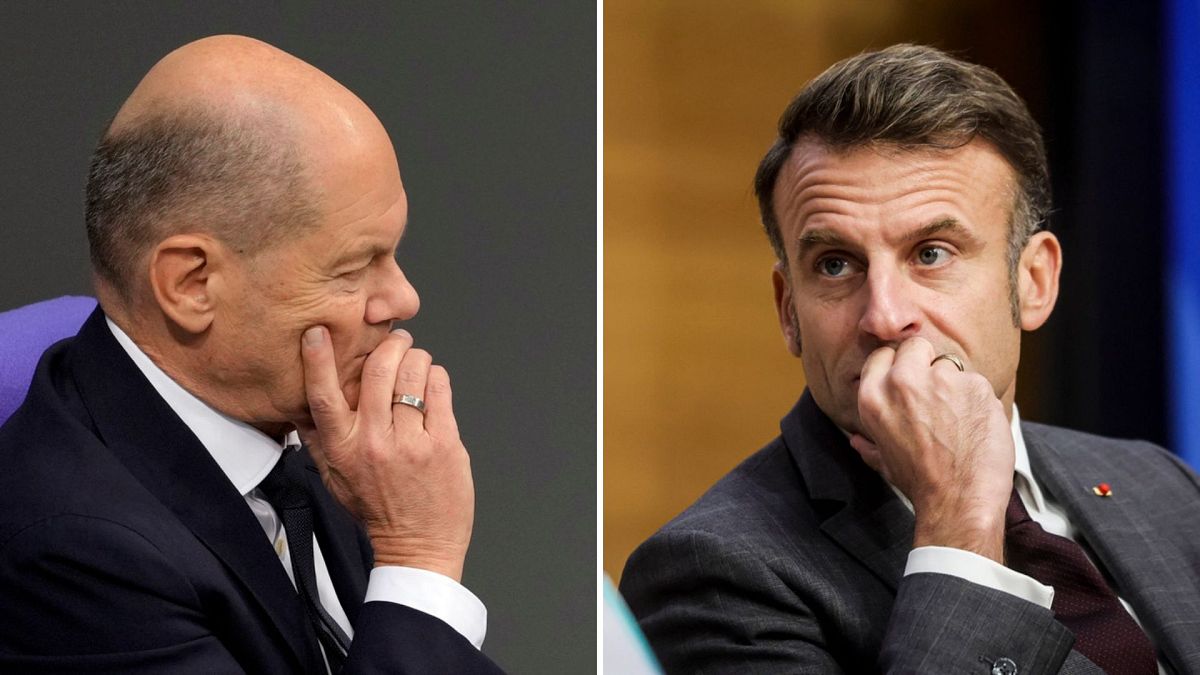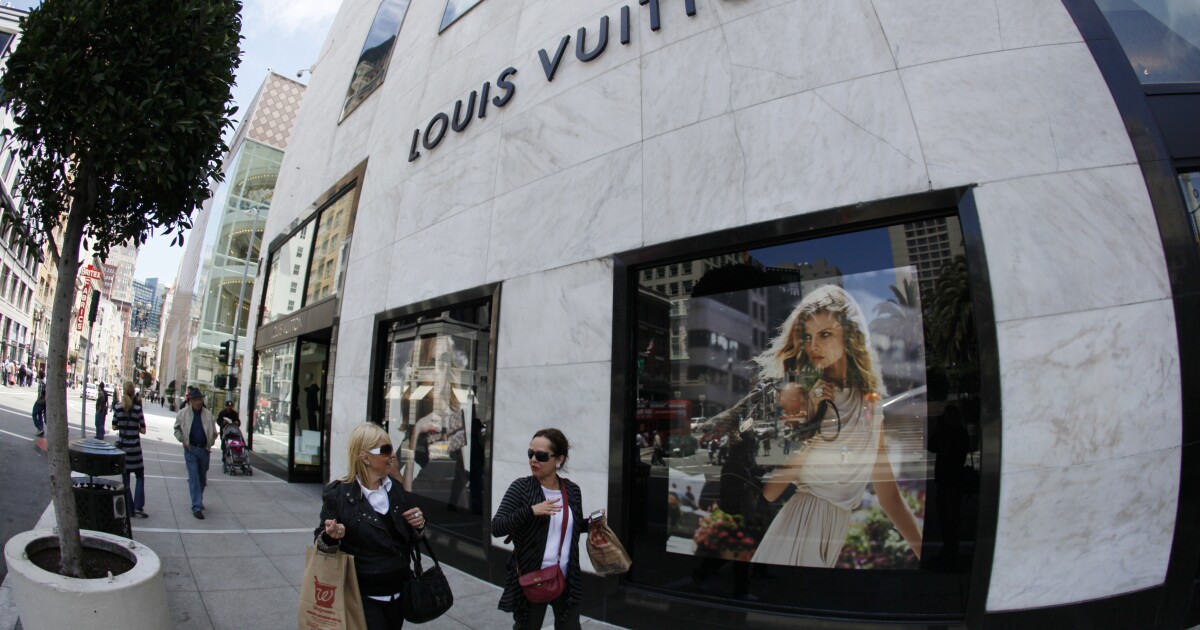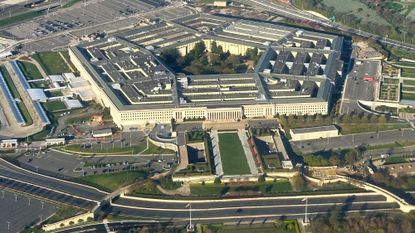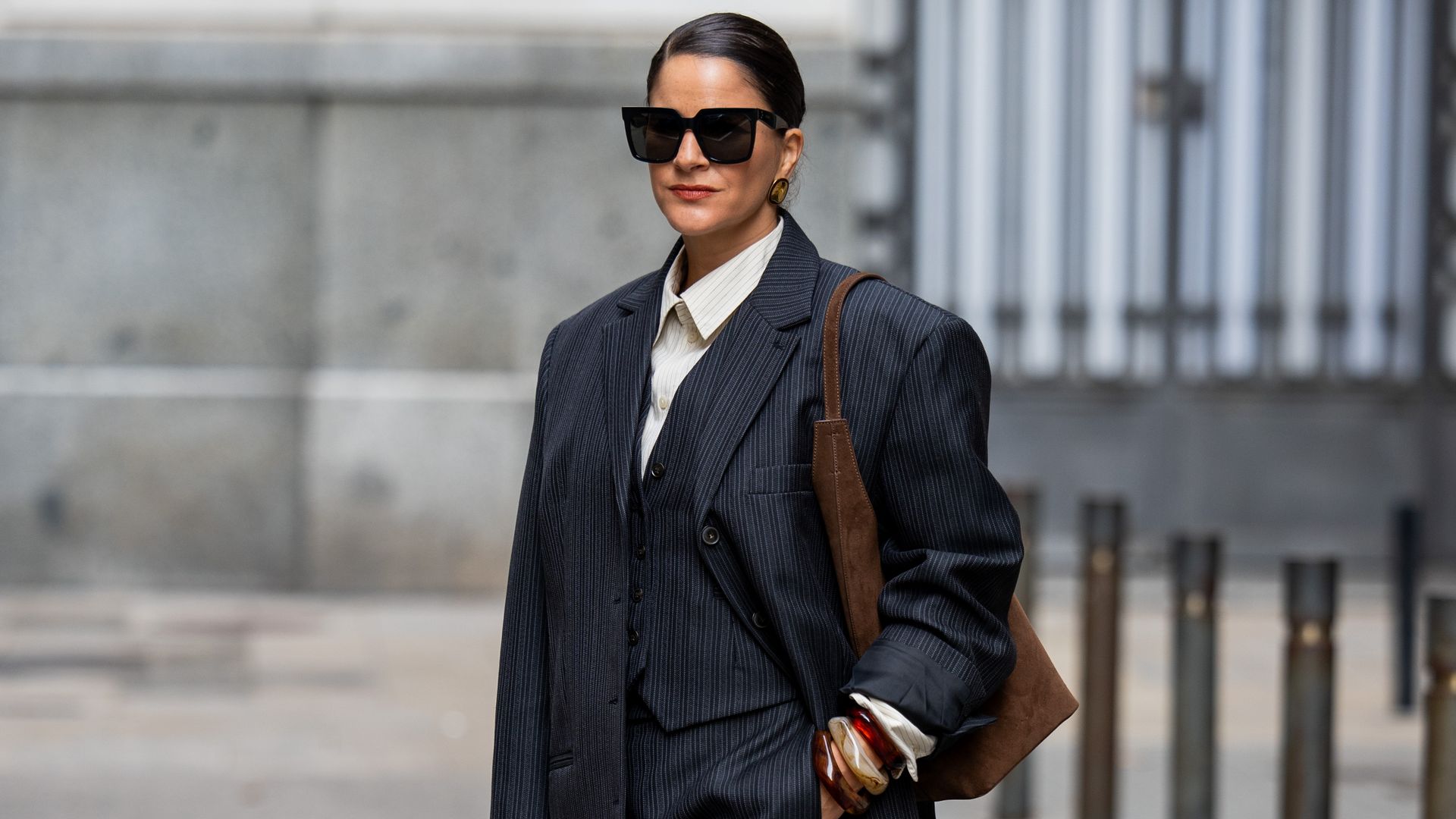European member states are facing benefits and drawbacks as the sealing of the strategically important deal is drawing closer. After 25 years of talks, the EU-Mercosur free trade agreement (FTA) still lacks unanimous support from member states, as fears of the agricultural sector's future clash with the strategic needs of the bloc. A political agreement was reached on 28 June 2019 to open up trade between the 27 member states of the EU and the four founding members of the South American bloc, Argentina, Brazil, Paraguay and Uruguay.
(Bolivia joined the Southern Common Market, commonly known by its Spanish abbreviation as Mercosur in 2024 so it did not take part in previous negotiations). The deal is seeking to establish one of the world's biggest free trade zones, encompassing 750 million people and about one-fifth of the global economy. Even so, for Europe, it is not the economic gains that make the agreement the most attractive, but rather its strategic significance in an era when the bloc is facing trade disputes with its two biggest trade partners, the US and China.
"I think one of the main concerns is that a lot of the South American countries are developing closer ties with China and, furthering the trade relations with China at a time when the EU wants to diversify away from China," said Frances Li Europe analyst at the Economist Intelligence Unit to Euronews Business. "So it comes at this kind of critical moment. And with potential US tariffs coming into play potentia.


















